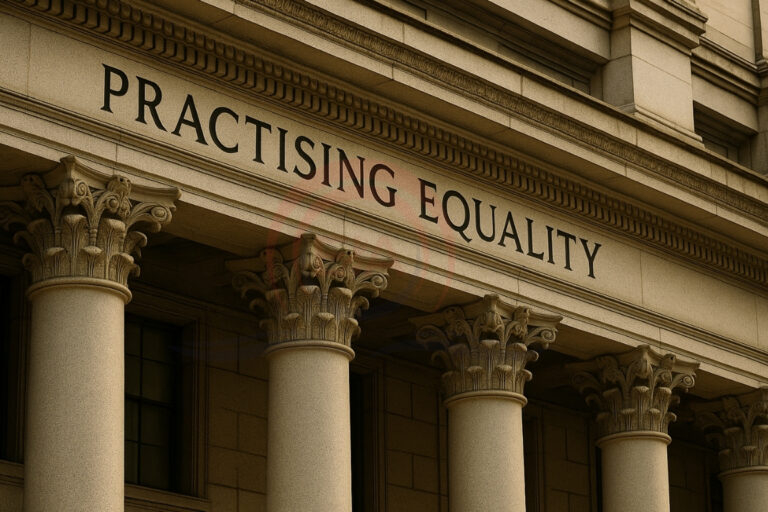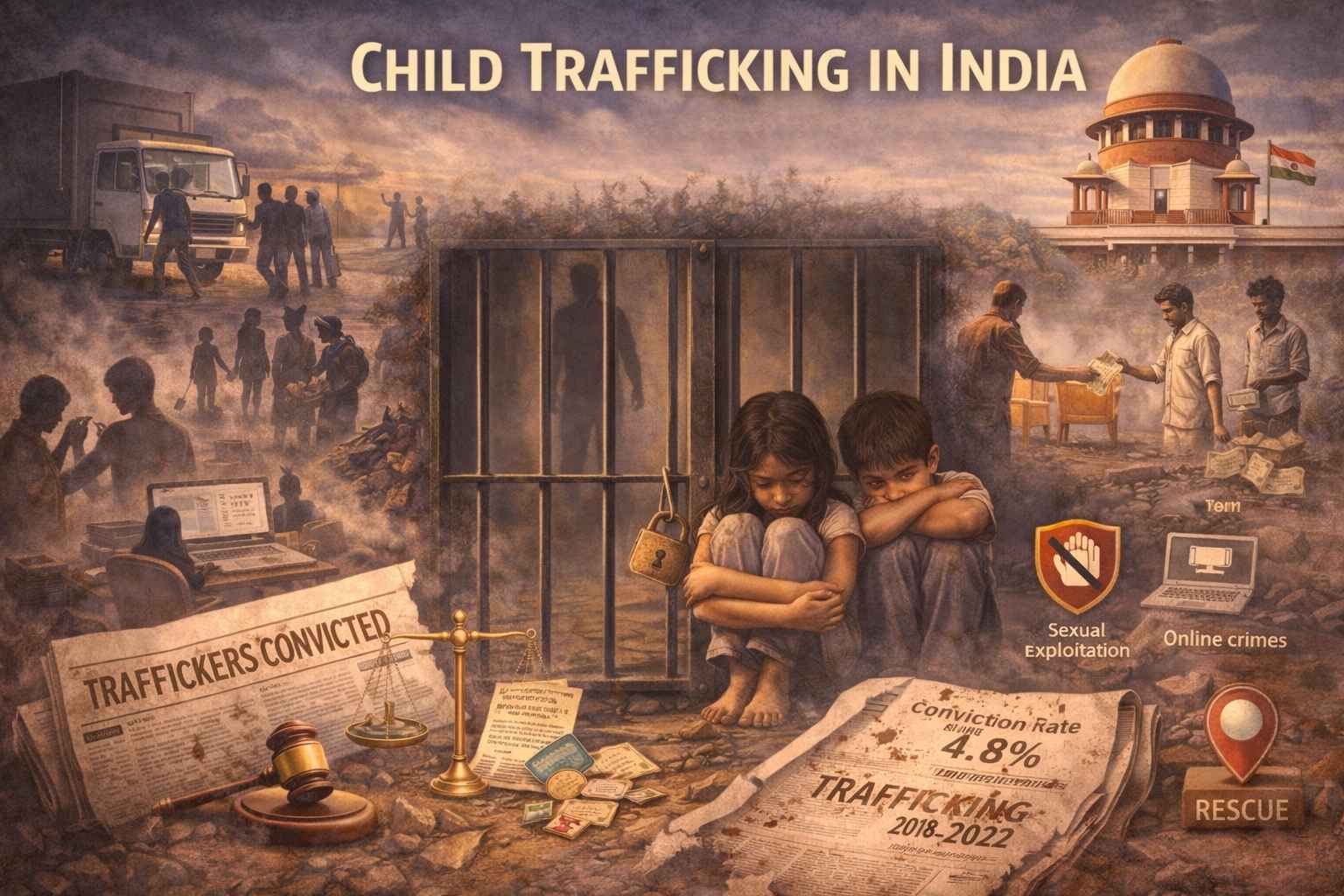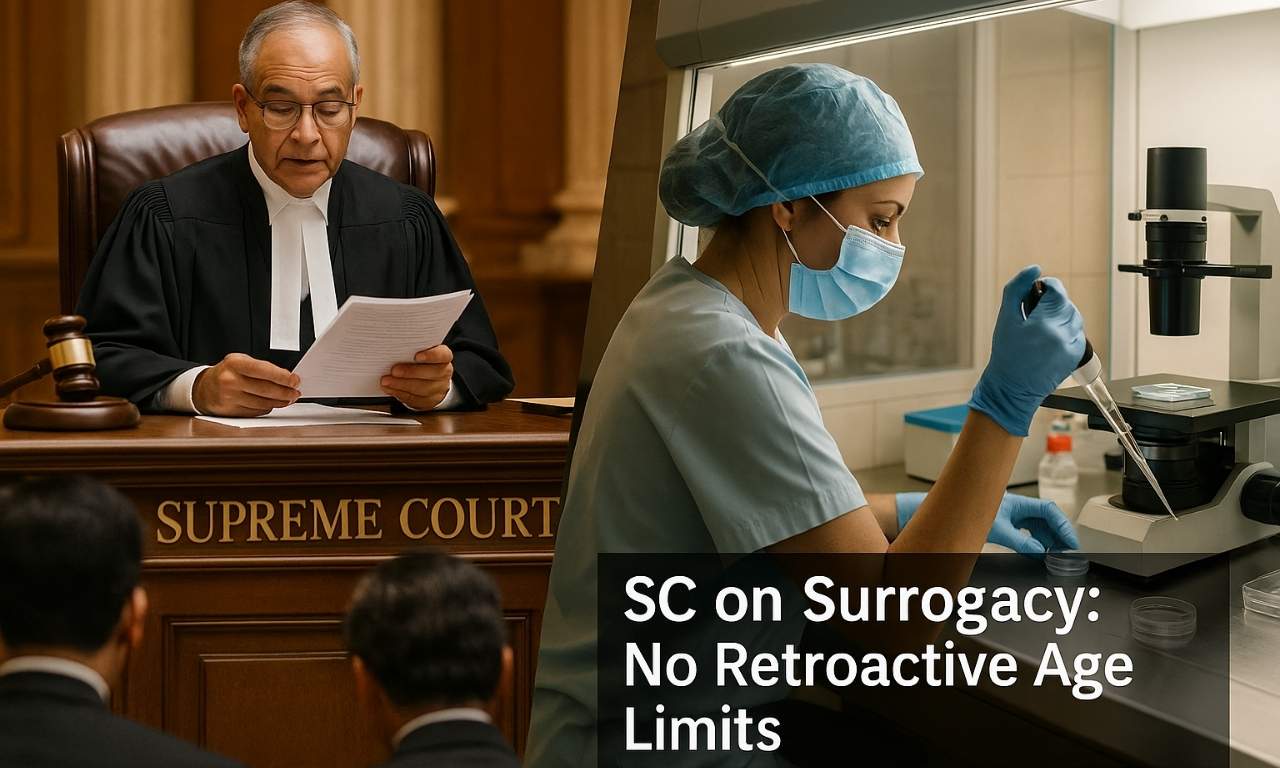Recently, the Supreme Court of India reviewed its process of selecting Senior Advocates, revisiting earlier rulings (Indira Jaising case) and directing High Courts to frame new rules, raising concerns over equality within the legal profession.
Background of the Issue
- The Advocates Act, 1961 under Section 16 allows courts to classify lawyers into Senior Advocates and regular Advocates.
- This classification is based on legal knowledge, experience, and standing at the bar.
- However, critics argue that this creates hierarchy and inequality among equals in the legal field.
Concerns About Legal Hierarchy
- This categorization has led to the rise of an elite group or legal oligarchy in India.
- Such a system mirrors concerns raised in the U.S., where a small group of lawyers had excessive influence on Supreme Court decisions.
- It affects access to justice, as wealthy clients prefer “star lawyers”, sidelining competent but lesser-known lawyers.
Supreme Court's Judgments
- Indira Jaising v. Supreme Court (2017) upheld the classification but called for a transparent process.
- Jitender v. State of NCT of Delhi (2025) revisited the earlier ruling and criticized the point-based system as subjective.
- The Court did not strike down Section 16 or refer the issue to a larger bench, keeping the practice legally valid.

Unresolved Constitutional Questions
- Is it constitutionally valid to classify lawyers who have the same qualifications and licenses?
- Does this violate Article 14 (Right to Equality)?
- Can courts determine such distinctions in the absence of a clear and fair selection process?
Wider Impact on Legal Democracy
- Arbitrary designation creates “intellectual apartheid”, where only a select few are heard.
- It discourages judicial diversity, especially for women and marginalized lawyers.
- Public interest litigations may be influenced by a limited group of senior lawyers, harming representativeness.
Missed Opportunity for Reform
- The judiciary missed the chance to align the legal system with egalitarian values and social justice goals of the Constitution.
- Historical ties between the legal profession and India’s freedom movement underline the need for inclusiveness.
Conclusion:
For justice to be fair and accessible, courts must democratize legal spaces, promote equal opportunity for all lawyers, and remove systemic biases in senior designation practices.





